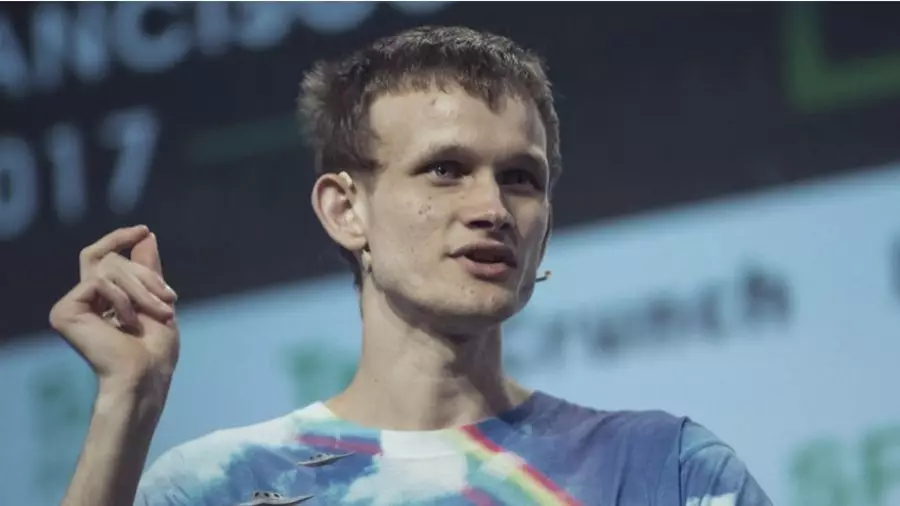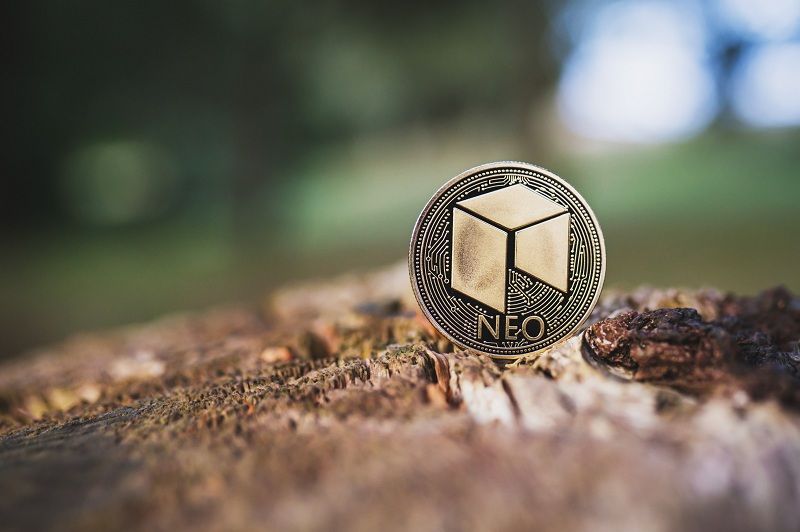2019-2-7 12:15 |
CoinSpeaker
Vitalik Buterin: ‘EOS and Tron are ‘Centralized Piles of Trash’
Buterin took the opportunity to cast shade on Ethereum alternatives like EOS, NEO, and Tron. He said:
“So I’ve noticed a lot of misconceptions here. Because, like, there’s a lot of like, honestly, bad crypto projects that try to claim. ‘Oh, because we use fancy BFT, we can do 5,000 transactions per second and proof-of-work can only do 15.’”
Buterin also mentioned that consensus is the important thing when talking about the ability of a blockchain to process transactions.
He added:
“There’s a lot of horrible misconceptions inside that. Because the purpose of a consensus algorithm is not to make a blockchain fast. The purpose of a consensus algorithm is to keep a blockchain safe. With the way proof-of-work works, it becomes unsafe if computers spend more than maybe 10% of the time actually mining and verifying blocks. Bitcoin-NG or things like the various forms of proof-of-stake, it could potentially be safe if you go higher than 10%. But the difference is still very small.”
Do not forget, in September last year he was laying out his thoughts on which blockchains are the most capable of self-improvement.
He then explained why he’s not in favor of on-chain governance structures like EOS, which give coin holders voting power to elect delegates that power the network and validate transactions.
Now he said:
“A couple of years ago I would have been more firmly in the Tezos-EOS camp that says there should be explicit on-chain governance. And now, I’m like absolutely against that, and I think that stuff is crazy. So if you look at EOS, EOS has these 21 delegate slots. And to get into one of these delegate slots you have to basically vote – or you have to have people with enough coins vote for you.”
Now, in total about 17% of the EOS holders have voted at all. And out of those, the delegate that has the largest number of votes is Bitfinex. And Bitfinex has only about 3.5% or so of all the voting for it. Out of that 3.5%, 1.8% is coins that are owned by Bitfinex themselves. And the other 1.7% is just random people. So with that 1.8%, Bitfinex was basically able to single-handedly get themselves into this list of 21 delegates when they otherwise would not have been able to get in there.
The Ethereum co-creator then disparaged blockchains that have made significantly more aggressive claims as to their transaction volume potential, saying:
“When a blockchain project claims ‘We can do 3,500 TPS because we have a different algorithm,’ what we really mean is ‘We are a centralized pile of trash because we only have 7 nodes running the entire thing.’”
The last bit seems specific to NEO, who actually have 7 consensus nodes running. While NEO is a blockchain platform for smart contracts, its very intention is quite different from that of Ethereum. It is not intended to be “the world’s computer” in the same way that Ethereum is. It is not mineable and does not have a mechanism for generating new coins.
After some applause, Buterin then says there are “good, legitimate ways to make a blockchain fast.” He doesn’t use this as an opportunity to soften the blow to alternative platforms, however. Instead, he doubles-down, saying that the best ways to make a blockchain fast are layer one and layer two scaling solutions for Bitcoin and Ethereum.
Let’s not forget that from February 15 to 17, Denver will host the world’s largest Ethereum-based hackathon. This time, every aspect of this event will be based on the blockchain technology.
Also, just for a reminder, last month, Ethereum’s core developer team decided to postpone the Constantinople hard fork citing a critical security vulnerability. Smart contract audit firm ChainSecurity said that it has found a loophole in the Constantinople hard fork software. The attackers could exploit this and withdraw user funds through a reentrancy attack.
Vitalik Buterin: ‘EOS and Tron are ‘Centralized Piles of Trash’
origin »Bitcoin price in Telegram @btc_price_every_hour
TRON (TRX) на Currencies.ru
|
|






